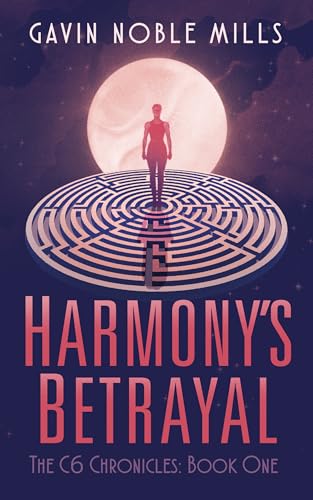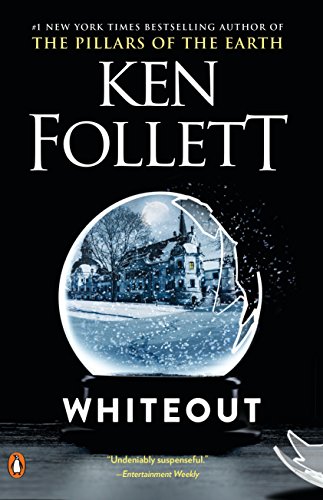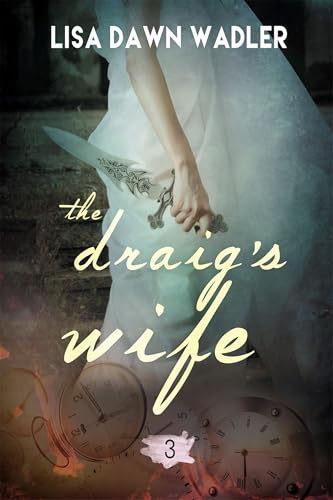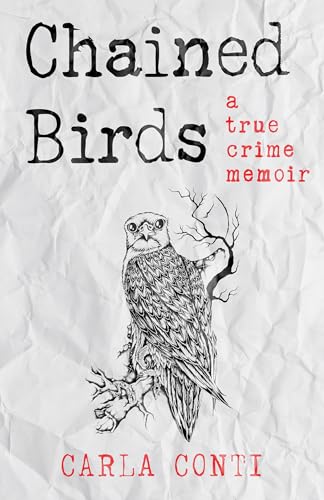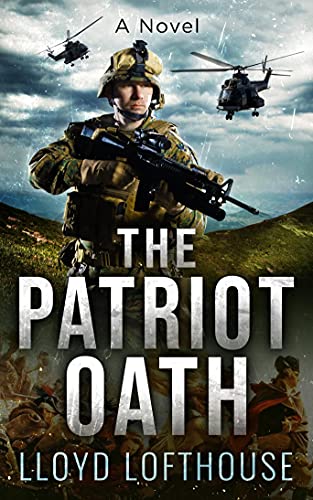By Stephen Windwalker, Kindle Nation Daily
Originally posted February 28, 2010 – © Kindle Nation Daily 2010
Should we file this one under “The Count” or “The Miscount?” Only time will tell.
In a 154-word piece that runs today under her byline and the headline “So Far, E-Books Aren’t Making Sales Waves,” the New York Times’ Phyllis Korkki leads with this paragraph:
The publishing industry’s alarm over the electronic book isn’t based on current use. Last year, less than 2 percent of all books sold were e-books, according to Bowker, which tracks the industry.
Korkki goes on to compare that 2 percent figure with other figures that seem to have been spoon-fed her by Bowker:
- 35 percent of all book sales last year were hardcovers.
- Another 35 percent were trade paperbacks.
- 21 percent were mass market paperbacks.
- That 2 percent share for ebooks was matched by 2 percent audiobooks and far outstripped by 5 percent for that popular format, “other.”
What’s wrong with this picture?
Maybe these percentages are accurate, but they seem awfully 2008 to this observer’s eye based on several data points:
- The Times itself has reported that the ebook market has been growing at a stunning year-over-year rate since the Kindle’s 2007 launch.
- Amazon is widely seen as having reached or nearly reached 20% market share in the overall U.S. trade book market.
- And Amazon itself, stingy as it is with real numbers, nonetheless volunteered the information that it now sells 6 Kindle-formatted copies for every 10 print-formatted copies of books that are available in both formats.
If ebooks account for only 2 percent of the total trade book market rather than a relentless growing percentage that is now somewhere in the 5 to 10 percent range, would traditional book publishers be causing such a stink about Amazon’s ebook prices?
A little more information about Bowker’s actual measurements would be helpful, and this is just a hunch, but I wouldn’t be surprised if they revealed that Bowker’s figures were based on gross sales dollars rather than sales units. But one of the problems with scooping a soon-to-be-published research report before it is published is that it’s impossible, for now, to evaluate the methodology and accuracy of the research.
Meanwhile, the piece would also seem somewhat less hurried and scoop-driven if there was some commentary by industry experts, many of whom one would expect would be surprised by the Bowker report.

